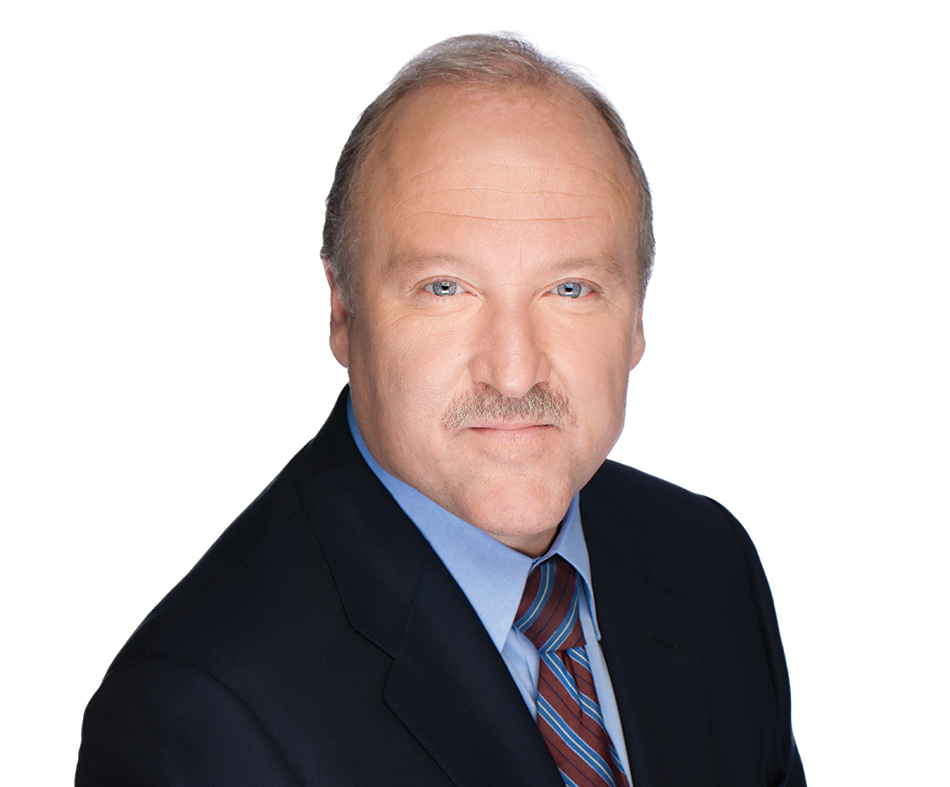David N. Watson
The smarter way to stay on top of the multichannel video marketplace. Sign up below.
You are now subscribed
Your newsletter sign-up was successful
Growing up in the Virginia suburbs of Washington, D.C., Dave Watson thought his future would be in soccer. He played for the University of Richmond and even got a U.S. Soccer coaching license. Although he didn’t continue in sports, building and coaching strong teams has always been important to him.

The son of an attorney, Watson thought he might pursue law while studying political science. Instead, he got into the wireless phone business. It was 1984, and the recent breakup of AT&T had made new spectrum available. He opened a Washington, D.C., sales office for Bell Atlantic Mobile, and then moved two years later to Metrophone, a privately owned mobile company, where he handled marketing and sales. By 1991, Metrophone’s owners were entertaining a number of offers to buy the company. Comcast wasn’t among the likely suitors, but was interested in getting into the mobile business. Comcast even recruited Watson for a senior marketing job in Philadelphia, which he declined.
RELATED: Magnificent Seven Earn Hall of Fame Honors
A few weeks after Watson turned down the offer, Metrophone announced it would, in fact, be sold to Comcast. Assuming he was already out of favor with the new owner, Watson figured he’d soon be out of a job. When a group of Comcast executives arrived at the office, he was ready for the axe to fall and was surprised when CEO and founder Ralph Roberts asked to meet with him privately. “My stomach dropped,” he recalled. “Not only did I think I was about to be fired, but by the founder himself.”
However, he said, “Ralph sat me down and, instead of sending me packing, he laid out his vision and asked me to stay.” Watson remembers this pivotal moment in his career as a “remarkable gesture that, I learned, was very much in character for Ralph.”
Watson joined Comcast Cellular Communications and led the company until its sale in 1999, when he transitioned to Comcast Cable as executive VP of marketing and customer service. “It was an exciting time for the industry, and cable had incredible potential,” he remembered. “Our entire organization was thinking ahead and working to build a next-generation network that today, two decades later, continues to power our technologies and innovation.”
Following Comcast’s 2004 acquisition and integration of AT&T Broadband, Watson was elevated to executive VP of operations, becoming chief operating officer in 2010, and then CEO of Comcast Cable in 2017. He has been responsible for driving Comcast Cable’s operating strategy and execution, leading its emergence as the nation’s largest gigabit speed internet provider and pay TV service and creating a business services organization that is the company’s largest contributor to revenue growth.
The smarter way to stay on top of the multichannel video marketplace. Sign up below.
Far removed from the soccer field, Watson remains focused on his team. “If you’re part of a team, your job is to make the team successful,” he said. “If you’re leading a team, make sure the members of the team are great. And when you find opportunities, do something about them.”
